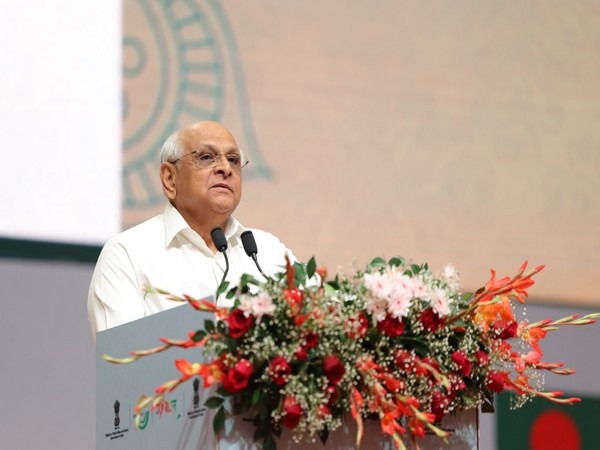Incidents like Minar-e-Pakistan create difficulty in bringing justice to victims: Pakistan activists
Nov 15, 2021

Islamabad [Pakistan] November 15 : Victim-blaming mindset and social stigma attached with reporting incidents such as the Minar-e-Pakistan incident where a woman was allegedly assaulted by hundreds of men on Independence Day, often weaken the authenticity and progress of other cases where women are sexually assaulted in a brutal manner, opine human rights activists in Pakistan.
In August, a horrifying video from Pakistan had emerged online in which hordes of men were seen groping, mauling and tearing off the clothes of a woman named Ayesha Akram, who is famed for her videos on TikTok.
Later, during an investigation into the incident, an audio recording between the woman and the suspect Amir Sohail (Rambo) has surfaced in which the police said it discovered some "mysterious elements," Pakistan Today reported.
Citing details of the conversation, the Pakistani publication reported that they (Ayesha and Rambo) both were planning to take money from suspects who had been arrested in the case. The call revealed that they discussed with each other the number of total suspects and the amount that should be taken from them considering that they belong to an impoverished background.
Rambo has confessed that Ayesha wanted to take Rs 500,000 from each arrested suspect, Pakistan Today reported.
As soon as the news emerged in various media outlets, the victim received a public outrage with protests and demands to punish the culprits.
Pakistan Today newspaper also reported that right activists have inferred that such kind of incidents usually weaken the authenticity and progress of other cases where women are sexually assaulted in a brutal manner.
"Such negative incidents only add insult to the injury as police, taking the matter lightly; do not investigate the matter with just intentions. Instead, they hold the victim accountable and responsible for the crime let alone bring justice to them," they said.
"Victim blaming and shaming do not only cause trauma to be retriggered or made more acute, they also prevent other victims from speaking up," said Jasmyn Rana, a psychologist and psychotherapist based in Lahore.
"The rape survivors' families are no different from the rest of society; they discourage victims from registering or pursuing cases, in an attempt to sweep everything under the carpet. Society looks at the sufferer as if (getting raped) was her own fault", said Mukhtara Mai about the cultural attitude regarding rape who is a survivor of gang-rape and now a women's rights activist.
Experts suggest that the cases linked with women are sensitive and it takes only one incident in a case to destroy the progress of other cases, Pakistan Today also reported adding that "when an incident is found to be misquoted or misreported, the police and other authorities seem to lose their faith in rest of the victims and take their statements casually."
Observers said that in Pakistan, the police are not well-equipped with the technical and advanced knowledge based on a rational approach and easily believe in whatever they hear from mainstream public. There is a lack of sensitisation to gender-based violence issues among the police and they show a disregard to women's issues in general. The process of investigation is also quite unprofessional, inauthentic and unguided that eventually produces distorted results, Pakistan Today reported.
On the other hand, the conviction rate is depressingly low while the suspects of the crimes usually get acquittal after having remand of one or two months, the publication added.
According to a report by advocacy group Sustainable Social Development Organisation (SSDO), 6,754 women were kidnapped and 1,890 raped in the first six months of 2021 in the Punjab province alone but the reporting rate remained low.




















